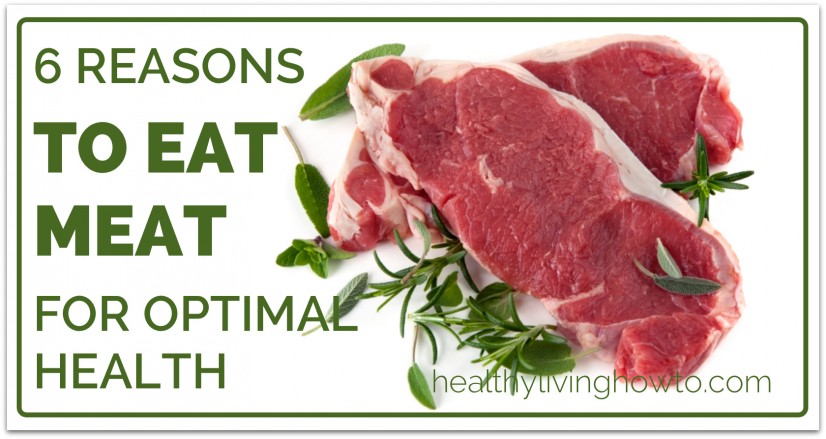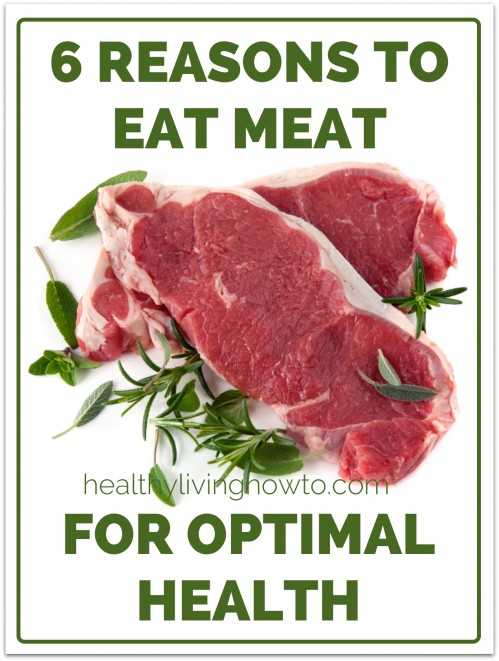I eat meat. Animal protein is a really important part of a healthy diet. I eat vegetables as well. And nuts and seeds. And on the days I lift weights, I eat non-gluten, starchy carbs. With the research studies, books and other information I’ve read, I plan to keep eating meat as a way to achieve optimal health.
I expect someone will write the typical response of, “haven’t you read The China Study?”
Truth be told, I’m plugging away at the book. I’m about halfway through it right now. It’s a slow read because I end up highlighting chunks of text that are completely exaggerated, or, rely only on observational research (more on that below).
As I’ve been reading The China Study, I’m looking for proof of Campbell’s reasoning, and I find it lacking in hard science on human populations. I’ll eventually finish it, and then spend time writing a blog post or two reviewing it.
So yes, I’m reading The China Study. No, I’m not at all convinced I shouldn’t eat meat.
But I am convinced I should eat plenty of vegetables, along with meat, poultry, fish, eggs, and other animal protein sources.
I think it's important to note we buy grass-fed, pasture-raised, or wild caught animal proteins whenever possible. I do believe in spending the extra money to purchase these foods from animals raised in a humane way, even if it means spending less on other things or eating a bit less food overall to cover the extra cost. From an ethical standpoint, I can very much understand the turnoff people feel toward animal foods when they understand how conventional farming takes place.
6 Reasons To Eat Meat for Optimal Health
1. Animal protein is high-quality protein
The quality of a protein source is based on its concentration of essential amino acids. Essential amino acids cannot be produced by the diet. We need to get them from food. Animal proteins, are the best source, of the complete list of essential amino acids necessary to support bone health, metabolic health, maintenance of muscle tissue, and even supply building blocks for neurotransmitters that allow the nervous system and brain to function properly.
At 36 years old, I hope to maintain the muscle I have today for as long as possible. Resistance training and high-quality protein intake are the two primary ways to hold onto muscle tissue. I want to keep the effects of aging away for as long as possible. Maintaining muscle mass is key to slowing the aging process. I also want to perform at my best for at least another three to four decades. Just as you’d put premium fuel in a high-performance car, I intend to keep eating the best quality protein sources to maximize my chance of maintaining my current level of health and fitness.
2. Animal protein provides…protein
Higher-protein diets provide a lot of health benefits. Personally, I try to eat around a gram of protein per pound of body weight. For me this equates to 185 grams of protein per day. A six ounce steak contains around 50 grams of protein. Just to give you an idea.
Animal proteins contain various amounts of fat, depending on the type and cut, but the primary macronutrient is protein. Other than vegetable protein isolates, like pea and rice (which I use on a regular basis in a protein shake), it’s difficult to meet ideal protein requirements with plant-based sources.
I’m not saying the RDA of protein can’t easily be met with plant-based protein sources, but I don’t believe the RDA is nearly enough protein for optimal health.
Plant-based protein sources, other than soy, which I do my best to limit in the diet, have a lot more carbohydrates than protein. If I wanted to get the same amount of protein found in that six ounce steak I mentioned, from say, black beans, I'd have to eat over three cups and along with it comes over 100 grams of carbohydrates. And that's just for one meal.
3. Animal protein enhances satiety
I like to eat. I enjoy food. But I don’t like thinking about eating more than three or four times per day. For those brief periods of time, I generally enjoy the satisfaction food brings, but there is a lot to like about life outside food.
High-protein diets enhance satiety. Not only has research consistently found this to be true, but also in my experience, both personal and professional.
Part of the satiety benefit comes from a hormone called peptide YY, which is secreted after eating protein and fat. As Robb Wolf, author of The Paleo Solution explains,
Peptide YY (a.k.a. PYY) is yet another hormone trying to tell us when to stop eating. Protein and fat release a lot of PYY and are thus very satisfying. Carbohydrates, by contrast, releases relatively little PYY, which is why your breakfast of bran muffins and juice leave you ravenous in a few hours.
Click Here to Pin 6 Reasons to Eat Meat
4. Animal protein promotes bone health
Yes, that’s correct. While you still may hear people tell you animal protein causes a loss of calcium and bone density, it simply isn’t true. To the contrary, research shows a high-meat protein diet enhances calcium metabolism and bone health. Higher-protein diets also don’t make the body acidic, which is another angle on the bone density topic some people use to convince others to limit or eliminate meat intake.
The topic of bone health is often discussed more in relation to women, but aging men need to be conscious of maintaining bone density as well.
5. Much of the pro-vegetarian/vegan argument is based on observational studies
No doubt you’ve read or heard people say that meat will kill you sooner than not eating meat. Or that vegetarians live longer than meat-eaters using the example that people in Asia live longer than people in the United States. These statements sound like meat causes people to die sooner. That’s not the case.
I’m not a fan of observational studies, but since that kind of research is often used to support the case for not eating meat, let me point out some of the same type of research that disproves this point.
A 2013 European Journal of Clinical Nutrition paper, based on NHANES research shows “Meat consumption was not associated with mortality.”
I usually take a quick scan of observational research or small population studies as neither of them create a convincing argument. That’s why I don’t make a lot of noise from the observational research that disproves the observational research used to argue against eating meat. I also don’t make a big deal of the studies that show vegetarian diets are associated with higher rates of mental disorders, nutrient deficiencies, or the paper just published about a patient suffering from delirium as a result of a vegetarian diet.
The point is, the arguments against eating meat are not based on studies that show animal protein actually causes any health problems. Avoiding animal protein can clearly lead to nutrient deficiencies, though.
6. Animal proteins supply saturated fat and cholesterol
That’s a health benefit? Yes, it is. Saturated fat can be good for you. Completely avoiding saturated fat and cholesterol can be bad news for health. Provided people aren’t eating a diet with excessive starch or sugar, the fat naturally found in meat shouldn’t cause health problems.
Cholesterol plays an important role in the creation of hormones, and with the exception of a small percentage of the population, eating cholesterol actually has little to no effect on blood cholesterol levels.
The fatty nature of some animal proteins also helps with satiety as fat, like protein, helps people feel full longer.
More Reading
If you’re looking for a lot more “meat” to the controversy surrounding eating or not eating animal protein, Denise Minger has some great blog posts on a couple hot topics. The two most frequently anti-meat media sources are The China Study and Forks Over Knives. She’s addresses these two in some great blog posts. To read them, check out the links below.
- Forks Over Knives: Is the Science Legit?
- The China Study: Fact or Fallacy?
- One Year Later: The China Study, Revisited
If the best way to maintain optimal health, fitness and performance was by avoiding meat, or even limiting it, I’d be the first person to do so. I want to get the most out of this life I can. Based on an unemotional, logical assessment of research on the topic, my opinion, is that animal protein is a key component to an optimal healthy diet.
Thanks for reading. Please share your thoughts, but tame your emotions and be respectful.

